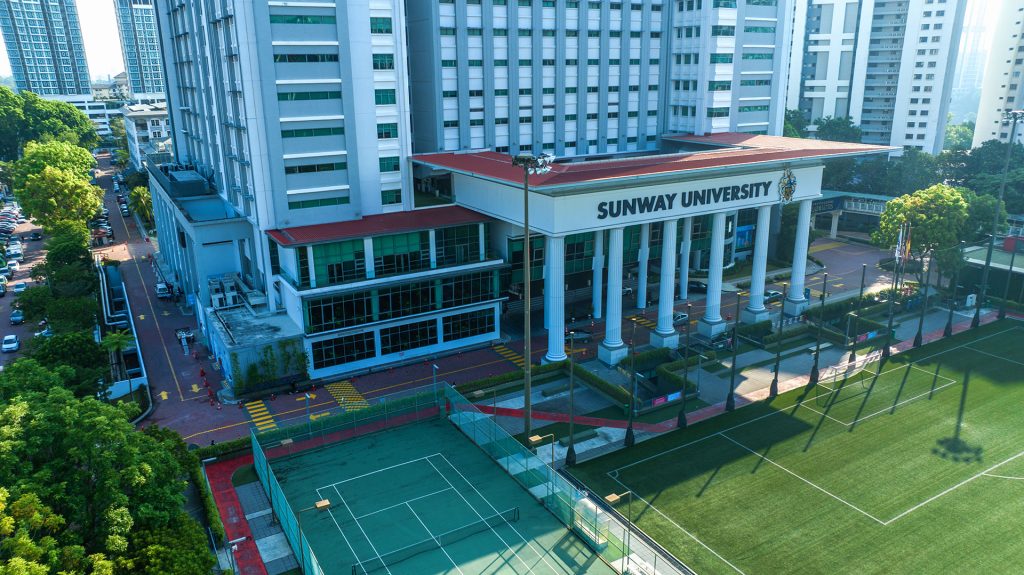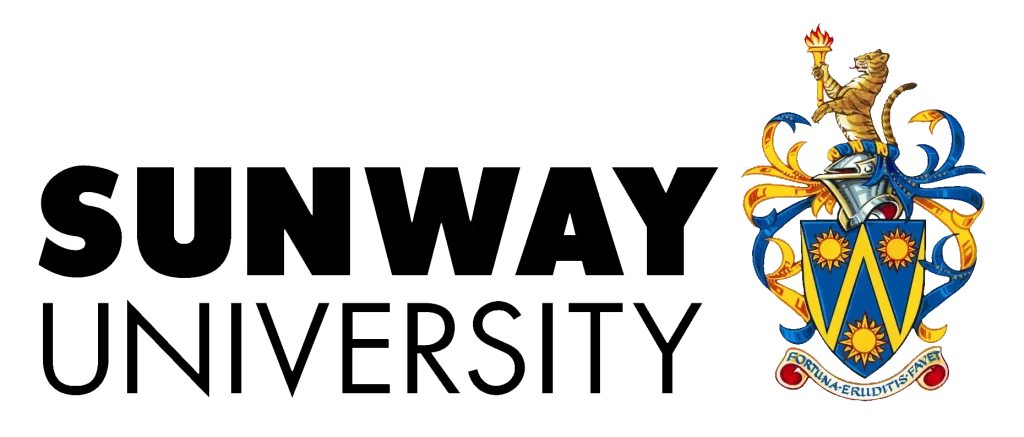Overview
Communications and Media are an ever growing and changing part of the world we live in. Be it Netflix, Facebook, Instagram, your favourite online game, or an interactive installation you just saw in a museum, media messaging is a part of your life. Today, these messages are formulated around narratives. In all forms of media, we see the shaping of messages through the narratives of branding. We will investigate these concepts of media through this framework of narratives. We will look at how contemporary media has developed narratives as an organising principle and what that means for society.
In this programme, you will learn how messages are formed and how they affect our society and culture. You will be able to analyse how various media determine and define how messages are transmitted. You will understand how new technologies affect the messaging we receive. You will learn this through a combination of theoretical knowledge and practical experience. Finally, you will develop a research-based thesis project. This is an approach to research that combines creative and academic research practices. It supports the development of knowledge and innovation through artistic expression, scholarly investigation, and experimentation. The research-creation process results in an original artistic work with a scholarly component.
Programme Structure
The class structure of the programme is as follows:
Core Courses
Electives (Choose 2)
Research
Entry Requirements
Bachelor’s Degree
- A Bachelor’s degree or its equivalent, with a minimum CGPA of 2.75
- A Bachelor’s degree or its equivalent, with a minimum CGPA of 2.50 and not meeting CGPA of 2.75, can be accepted subject to a rigorous internal assessment OR
- A Bachelor’s degree or its equivalent, with a minimum CGPA of 2.50 can be accepted subject to a minimum of 5 years working experience in a relevant field
APEL.A
An APEL.A Certificate (APEL T-7) (Recognition of Prior Learning) (Click on this link for further information on APEL.A)
Other Qualifications
- Any other qualifications will be considered on a case-to-case basis
English Language Requirements
- IELTS 6.0 OR its equivalent
For International students, Test of English as a Foreign Language (TOEFL) score of 600 OR International English Language Testing System (IELTS) score of 6.0 OR its equivalent is needed.
How to Apply
Candidates are requested to send the completed application with the following supporting documents to: [email protected].
- Academic transcripts and certificate for Bachelor degree;
- Report from 2 academic referees;
- TOEFL / IELTS Score (if applicable);
- Passport’s personal particular page/Identification card;
- Portfolio and/or scholarly writing sample;
- Personal statement
All relevant files in the submission package are to be put on a standard USB flash drive, containing only the submission documents. Please send the completed application form together with all the required supporting documents (as pdf files).
Portfolio
A portfolio should contain 5 – 15 examples of your own original creative work. Its purpose is to demonstrate how you express your concepts through media. Any form of media is acceptable. For media work, links to streaming sites such as Vimeo, YouTube or SoundCloud are acceptable. Otherwise, Video files must be H.264 QuickTime file. Audio files must be in MP3 format. Photographs, drawings and 3-D work will be accepted as digital photographs. Games or other applications must be playable on both Macintosh and Windows operating systems.
Personal Statement:
Applicants must submit a written statement (500–750 words) outlining their interest and goals in pursuing graduate study. You should include a thoughtful description of your background, tentative plan of inquiry in the field as you now envision it, the outcomes do you hope to get from the degree, your professional goals, and how this graduate programme will help you realise those goals.
All documents must be in English. Otherwise, they must be accompanied by certified translations in the English language.














